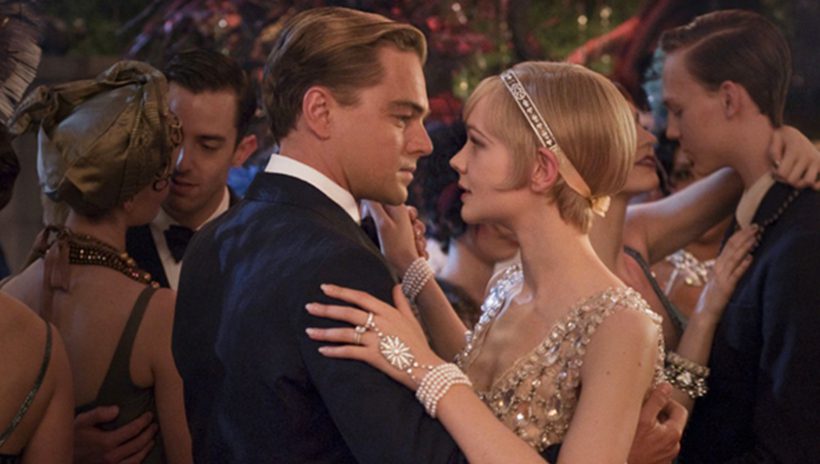

What makes Gatsby so appealing? Its language is often poetic—who can forget, for example, the memorable description of the “valley of ashes” between West Egg and New York City, “where ashes take the form of houses and chimneys and rising smoke and finally, with a transcendent effort, of men who move dimly and already crumbling through the powdery air”? Still, some of the novel’s most memorable passages are in plainspoken dialogue, such as Gatsby’s classic exclamation: “‘Can’t repeat the past?’ he cried incredulously. ‘Why of course you can!’” This is the kind of language that sticks in a reader’s mind.
Furthermore, Gatsby’s themes of love, regret, and self-creation are all timeless, but its treatment of them feels thrillingly modern. The book is filled with parties, car crashes, and gangsters. Its tragic climax is a murder. But in my opinion, what makes Gatsby most appealing to students is its preoccupation with personal history, which seems to captivate all of us Americans, and especially the young. Students more than anyone else see themselves as strivers, and what they are trying to move beyond are their own personal circumstances, which can be overcome but never forgotten. As Gatsby’s perfect last line puts it: “So we beat on, boats against the current, borne back ceaselessly into the past.”
Since Gatsby is so central to the literature curriculum, we at Bloom’s Literature have always provided a range of resources to help students understand and appreciate it, including literary criticism; reference articles on its themes, characters, and symbols; multiple biographies of F. Scott Fitzgerald and the real-life people who influenced the novel; advice on how student writers should approach specific themes and ideas in crafting their own essays; and much more. But we have never offered our users the actual text of the novel—until now. We are pleased to add The Great Gatsby to our Literary Classics collection, providing the full text of the novel in an easily accessible, downloadable ePub format. The Great Gatsby deserves its popularity, and we hope that now even more readers will be able to enjoy it.
Excerpts of Criticism from Bloom’s Literature
Bloom on The Great Gatsby
It is reasonable to assert that Jay Gatsby was the major literary character of the United States in the twentieth century. No single figure created by Faulkner or Hemingway, or by our principal dramatists, was as central a presence in our national mythology as Gatsby. There are few living Americans, of whatever gender, race, ethnic origin, or social class, who do not have at least a little touch of Gatsby in them.
Twenty-First-Century G: The Great Gatsby as Cultural Icon
The depth and range of its analysis of American civilization, the intensity with which it evokes the life of the romantic sensibility, and the wonderful comic vision that led to the creation of its hero, are balanced and controlled by a miraculously precise attention to detail—a poet’s sense of the possibilities of language. The Great Gatsby, in achieving this particular kind of success, is not only unique among American novels of the twentieth century, but an undoubted masterpiece of world literature.
The Great Gatsby (from F. Scott Fitzgerald and the Art of Social Fiction)
I want to write something new, something extraordinary and beautiful and simple and intricately patterned. (F. Scott Fitzgerald, letter to Maxwell Perkins, July 1922)

